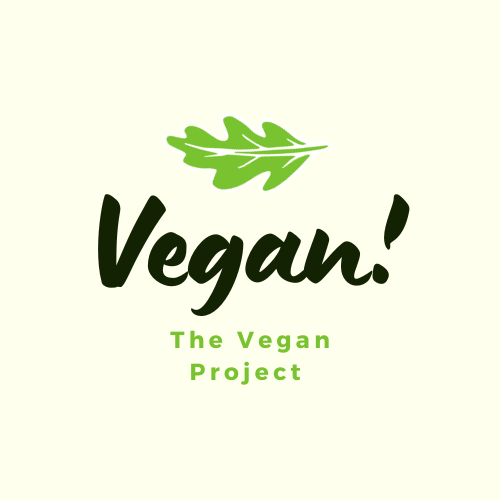Veganism is a lifestyle that excludes all forms of animal exploitation and cruelty, for ethical, environmental, and health reasons. Vegans avoid eating meat, fish, poultry, eggs, dairy, and any other products derived from animals. They also avoid using animal-derived products such as leather, wool, and silk.
‘‘Veganism is not about deprivation, but about abundance. It is about living a life that is full of compassion, kindness, and respect for all living things.’’
Top Reasons People Go Vegan
There are many reasons why people choose to go vegan. Here are some of the most common:
Ethics: For many people, the primary reason for going vegan is to reduce their impact on animal welfare. They believe that all animals have a right to life and freedom from suffering. Vegans are opposed to the cruel and inhumane practices used in factory farming, such as confinement, mutilation, and slaughter.
Health: A well-planned vegan diet can be very healthy and nutritious. Vegans tend to have lower rates of heart disease, stroke, type 2 diabetes, and some types of cancer. They also tend to have lower blood pressure and cholesterol levels. Vegans may also experience other health benefits, such as improved weight management, digestion, and energy levels.
Environment: Animal agriculture is a major contributor to climate change, deforestation, and water pollution. It also requires a significant amount of land and resources. By going vegan, people can help to reduce their environmental impact.
Sustainability: A vegan diet is generally more sustainable than a diet that includes animal products. This is because plant-based foods require less land, water, and energy to produce. Veganism can also help to reduce food waste.
Other reasons people go vegan include:
Personal preference: Some people simply prefer the taste and texture of plant-based foods.
Food allergies or sensitivities: Some people may have food allergies or sensitivities to animal products, such as dairy, eggs, or meat. Going vegan can help them to avoid these foods and manage their symptoms.
Religious or cultural beliefs: Some religions and cultures promote veganism or vegetarianism. For example, Hinduism and Jainism teach that all sentient beings have a right to life.
Benefits of a Vegan Diet
A well-planned vegan diet can offer a number of health and environmental benefits. Here are just a few examples:
Reduced risk of chronic diseases: Vegans tend to have lower rates of heart disease, stroke, type 2 diabetes, and some types of cancer. This is likely due to the fact that vegan diets are typically lower in saturated fat and cholesterol, and higher in fiber, vitamins, and minerals.
Improved weight management: Vegan diets can be helpful for weight management and weight loss. This is because vegan foods are typically lower in calories and fat than animal-based foods.
Reduced environmental impact: Animal agriculture is a major contributor to climate change, deforestation, and water pollution. By going vegan, people can help to reduce their environmental impact.
How to Get Started with a Vegan Diet
If you are interested in trying a vegan diet, there are a few things you can do to get started:
Do your research: Learn more about the vegan diet and its benefits. There are many resources available online and in libraries.
Start slowly: You don't have to go vegan overnight. Start by making small changes, such as cutting back on meat or adding more plant-based foods to your diet.
Find vegan recipes: There are many delicious and easy-to-follow vegan recipes available online and in cookbooks.
Join a vegan community: There are many online and in-person vegan communities that can offer support and advice.
Conclusion
There are many reasons why people choose to go vegan. It is a lifestyle that can offer a number of benefits, including improved health, reduced environmental impact, and ethical peace of mind. If you are interested in trying a vegan diet, there are many resources available to help you get started.
References
Vegan Society. (2023). Why go vegan?
Academy of Nutrition and Dietetics. (2023). Position of the Academy of Nutrition and Dietetics: Vegetarian diets.
United Nations Environment Programme. (2023). Food systems and climate change.
Food and Agriculture Organization of the United Nations. (2023). Livestock's long shadow: Environmental issues and options.




